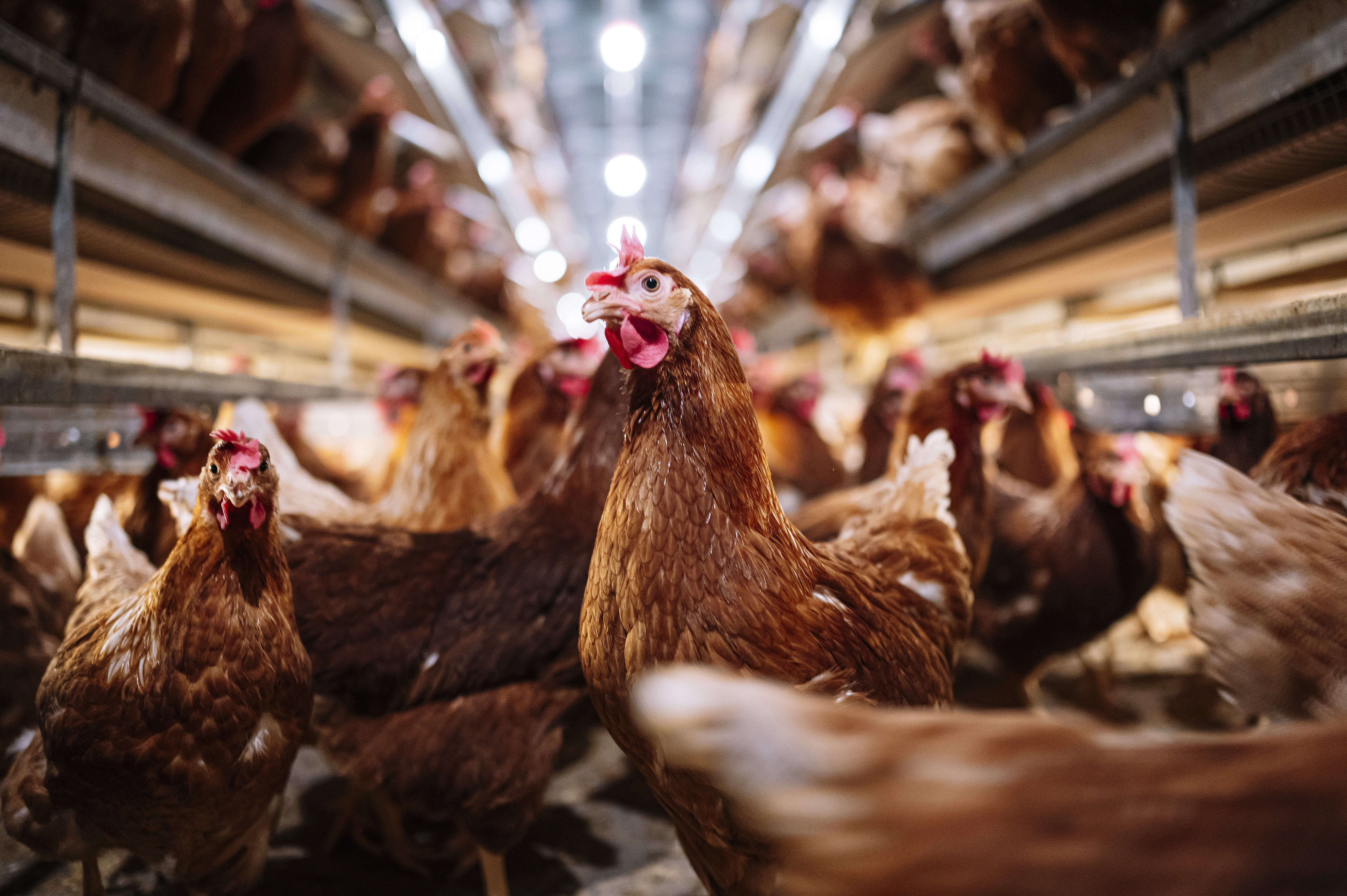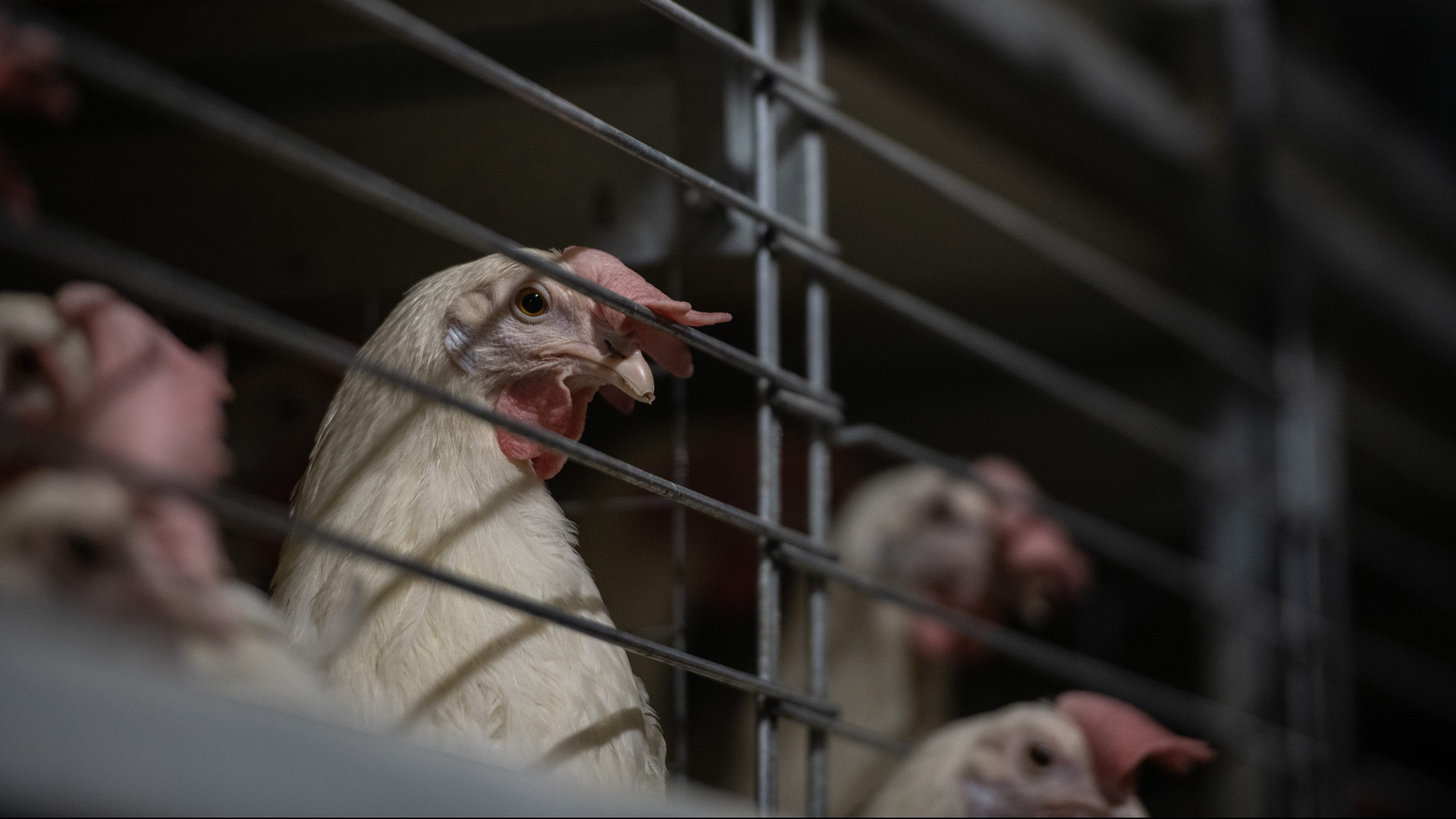Eight cases of bird flu have been detected in wild birds in Los Angeles County, the Department of Public Health confirmed Monday, marking the first sign of the virus in the county.
The cases were detected in three Canada Geese and a black-crowned Night Heron in Long Beach, three Canada Geese in the city of Los Angeles and one Canada Goose in Cerritos, according to DPH.
The cases are part of the ongoing nationwide outbreak of bird flu, also known as H5N1. County health officials stressed that the risk to the general public's health from the virus is low. The bird flu is a viral disease of birds caused by type A influenza viruses.
Get Southern California news, weather forecasts and entertainment stories to your inbox. Sign up for NBC LA newsletters.
The illness is a concern for domestic poultry, because it is highly contagious and may cause illness and death in backyard and commercial flocks.
The virus can spread through direct bird-to-bird contact or indirectly when virus is on clothing, footwear, vehicles, rodents, insects, feed, water or feathers, health officials said. Birds shed the virus in bodily fluids such as respiratory droplets, mucus, saliva, and feces.
While the risk of human transmission is low, health officials said human infections can occur when the virus is inhaled in droplets or dust, or when it enters a person's eyes, nose, or mouth, either through unprotected contact with infected birds or contact with contaminated surfaces.
Health officials also noted that like other viruses, the bird flu could potentially mutate with wider spread transmission, potentially becoming more easily passed to people.
Authorities urged residents to avoid handling wild birds, and observe them only from a distance. People who have job-related exposure to birds -- including animal shelters, veterinary clinics, or poultry processing plants -- or recreational exposure should wear personal protective equipment when handling them, according to DPH.




